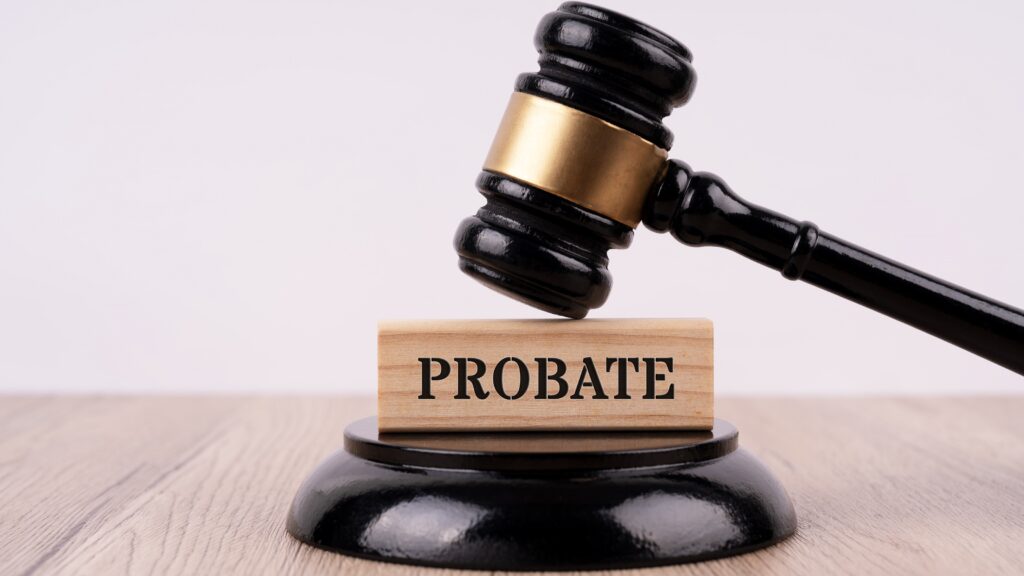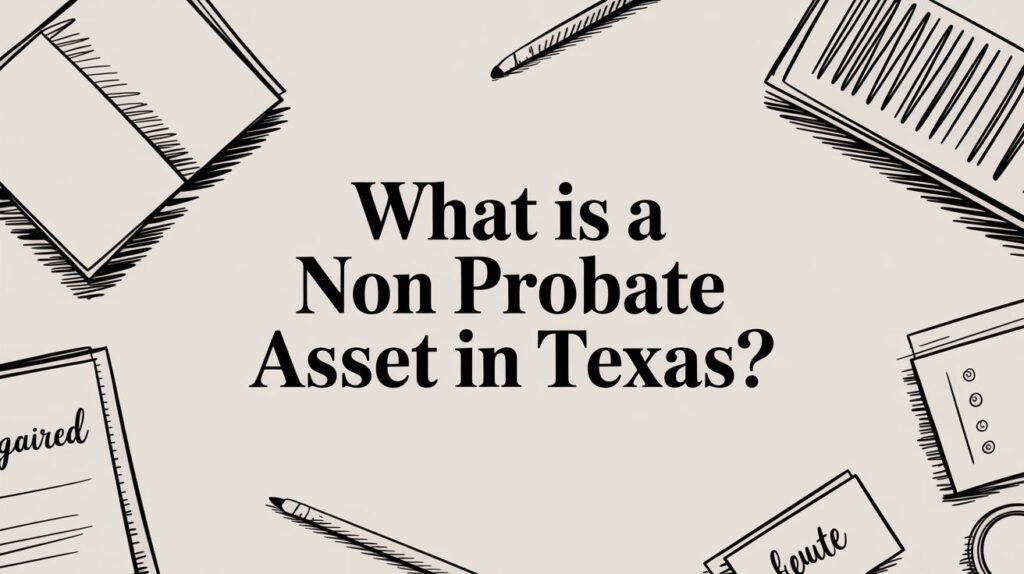In the world of Texas probate law, few situations create more confusion—and conflict—than the disappearance of a key document. One of the most common? The missing title deed. When a property owner dies, and no one can find the deed, families are often left in a state of uncertainty. Who owns the property? Can heirs claim it? What happens when no paperwork can prove ownership?
At first glance, losing a title deed might seem like a minor setback. After all, isn’t ownership recorded somewhere in official records? Unfortunately, missing title deeds trigger complicated probate battles across Texas. These disputes can delay estate settlements, fuel family conflicts, and even result in property loss if not handled properly. Understanding how Texas probate courts handle missing title deeds—and what heirs can do when crucial paperwork disappears—is essential for anyone navigating estate administration.
Why Title Deeds Matter in Texas Property Law

A title deed isn’t just a piece of paper. It represents legal ownership. This document typically contains the names of the owners, a description of the property, and proof that the transfer of ownership was legal and valid. In Texas, deeds are often filed with the county clerk’s office, providing a public record of ownership.
However, problems arise when those public records are incomplete, unclear, or missing entirely. Many older properties, especially rural land and family homes, were passed down informally. Deeds may never have been recorded or updated. In other cases, deeds get lost in moves, destroyed in floods, or simply forgotten over decades.
When an owner dies and heirs cannot locate the original or a certified copy of the deed, proving ownership becomes a much bigger challenge. Without a clear title, heirs may struggle to sell, transfer, or refinance the property. This leaves the estate in legal limbo.
Missing Title Deeds: A Recipe for Probate Chaos
During probate, Texas courts oversee the distribution of a deceased person’s estate. Real property—land and homes—cannot simply be claimed by relatives. Heirs must prove ownership through documentation and proper legal procedures. This is where a missing title deed can derail the process.
No Deed, No Clear Ownership
If no deed exists, or if the deed is lost, courts have no immediate proof of who owns the property. Even if everyone “knows” the deceased owned the land, legal proof is required for title transfer.
Increased Risk of Heirship Disputes

When deeds are missing, probate cases often spiral into disputes over heirship. Without a clear title, distant relatives might appear, claiming shares of the property. People who never set foot on the land may argue for inheritance rights.
These cases sometimes become full-scale “inheritance wars,” as competing relatives fight over valuable properties no one can legally claim.
Delays in Estate Settlement
Missing deeds can delay probate for months or even years. Courts require clear ownership documentation before property can be distributed or sold. Until the title issues are resolved, other aspects of the estate may also be put on hold.
How Texas Courts Handle Missing Title Deeds
Fortunately, Texas law provides methods for resolving title issues during probate. But the process isn’t simple.
Affidavit of Heirship
If the property owner died without a will, and no deed is available, heirs can attempt to establish ownership using an affidavit of heirship. This legal document lists the heirs and states their relationship to the deceased. Two disinterested witnesses must sign the affidavit, confirming that the listed heirs are accurate.
While affidavits of heirship can help, they don’t always clear the title for future sale. Title companies may reject them if the chain of title is unclear or disputed.
Title Curative Actions

In more complex cases, title curative actions may be necessary. This involves filing legal documents or lawsuits aimed at clearing title defects. For example, a quiet title action asks the court to establish rightful ownership of the property when documentation is missing or incomplete.
Courts will review evidence, including tax records, property surveys, and witness testimony. The goal is to establish a “clear title” so the property can be legally transferred.
Probate Court Intervention
If the property is part of a larger estate, probate judges may intervene directly. The executor or administrator of the estate can ask the court for instructions on resolving missing title deed issues. Judges may approve the use of affidavits, direct title curative steps, or, in some cases, order a sale of the property to resolve outstanding claims.
However, all this takes time and money. Attorney fees, court costs, and title company expenses often mount as heirs work to resolve title issues.
Real-Life Consequences: When Missing Deeds Destroy Families
In Texas probate courts, missing deeds don’t just complicate paperwork—they tear families apart. Siblings accuse each other of hiding documents. Cousins from distant cities suddenly reappear, insisting they deserve a share of grandma’s farm. Emotional disputes over “who deserves what” get tangled in legal complexities no one fully understands.
Properties with sentimental value become battlegrounds. Families who once shared holiday meals on the land now face each other across courtrooms. And while the legal fight drags on, property taxes accumulate, homes sit vacant, and valuable land deteriorates.
These real-life consequences reveal why proper estate planning—and meticulous document storage—are critical.
How to Prevent Title Deed Problems Before Death
Heirs shouldn’t have to search for a missing deed after losing a loved one. Property owners can take simple steps during their lifetime to prevent probate nightmares.
First, ensure all property deeds are recorded with the county clerk where the property is located. This establishes a public record of ownership, regardless of whether the physical deed is lost.
Next, store original or certified copies of deeds in secure locations. Safe deposit boxes, fireproof safes, or secure digital repositories are ideal. Additionally, creating a will or a transfer-on-death deed can help bypass probate entirely. Texas allows property owners to use a transfer-on-death deed to pass property directly to heirs upon death, avoiding court involvement.
Finally, communicating clearly with family members about property ownership and storage of legal documents can prevent confusion and future legal battles.
What Heirs Should Do If They Can’t Find the Deed
Despite precautions, missing deeds still occur. If you’re an heir facing this situation, your first step should be to check the county records office where the property is located. Even if you can’t find the original deed, a recorded copy may exist.
If no record can be found, consulting a probate attorney with experience in title curative law is essential. Do not attempt to resolve missing deed issues alone. Probate law is complex, and incorrect filings can delay or even jeopardize rightful claims. Working with a legal expert, you can gather alternative evidence of ownership, file necessary affidavits, and begin the process of clearing title.
Conclusion: Missing Deeds Are More Than Missing Paper
A missing title deed is more than an inconvenience. In Texas, it can halt probate, fracture families, and lock valuable property in legal limbo. While courts provide ways to resolve these issues, the process is slow, expensive, and emotionally draining. For heirs, missing deeds mean delay and uncertainty. For property owners, failing to secure documentation can become a legacy of conflict.
The lesson is simple: protect your property while you can. Record your deeds. Draft a will. Use transfer-on-death deeds where appropriate. Talk to your family. Don’t let your land become the next chapter in Texas’ long history of probate wars over missing title deeds. When property changes hands, let it bring peace—not a courtroom battle.








